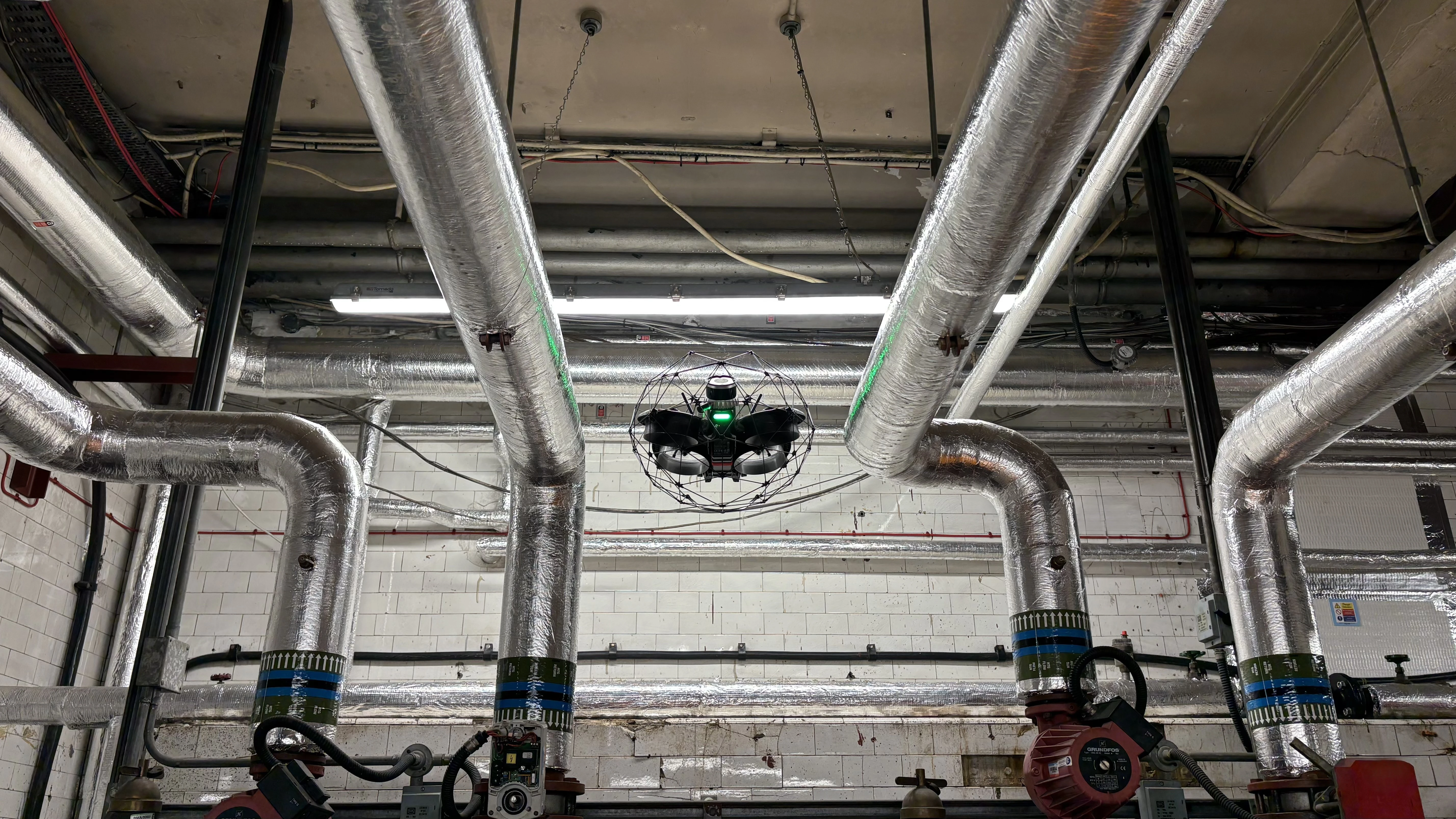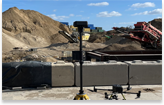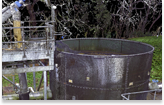The inspection and surveying of Mechanical and Electrical (M&E) plant rooms is a critical part of maintaining building performance, operational safety, and compliance.
Traditionally, these inspections involve significant risks, time-consuming procedures, and access challenges especially in confined or hard-to-reach areas. However, the emergence of confined space drone technology is transforming how plant room assessments are carried out, offering a smarter, safer, and more efficient alternative.
The Challenge with Traditional Methods
M&E plant rooms house essential systems such as HVAC, boilers, chillers, pumps, electrical panels, and ventilation equipment. These environments often have:
• Restricted access due to tight spaces or complex layouts.
• Hazards like low lighting, high temperatures, and active electrical/mechanical equipment.
• Permit-to-work requirements when working in confined or high-risk zones.
Traditional inspections rely on manual entry often requiring scaffolding, ladders, temporary isolation, and multiple personnel in PPE. This introduces health and safety risks (e.g. slips, trips, working at height, exposure to heat or electricity), as well as downtime and disruption to building operations.
The Confined Space Drone Solution
Our confined space drone is equipped with obstacle-avoidance sensors, LED lighting, thermal imaging, slam bases laser scanner and high-resolution video is purpose-built for indoor, GPS-denied environments like plant rooms. Key features include:
• Collision-tolerant design for navigating tight or cluttered areas.
• Real-time video feeds for live inspection.
• 3D mapping and data capture, enabling spatial analysis of complex mechanical layouts.
• Thermal sensors to detect overheating motors, electrical faults, or insulation issues.
These drones can enter plant rooms through hatches or service doors without requiring human access removing the need for scaffolding, permits, or extended shutdowns.
Benefits to Building Managers and FM Teams
Enhanced Safety
• No need for inspectors to enter confined or hazardous spaces.
• Reduces the risk of exposure to electrical hazards, noise, or heat.
• Eliminates the need for fall arrest systems or confined space entry training for every inspection task.
Operational Efficiency
• Inspections can be carried out in a fraction of the time compared to manual methods.
• Minimal disruption to plant operations as systems often remain live during drone surveys.
• Multiple systems can be inspected in a single session, improving asset coverage.
Data-Driven Insight
• Drones collect repeatable, high-resolution data, allowing teams to compare asset condition over time.
• Thermal anomalies, corrosion, leaks, or physical damage are automatically flagged with AI-enhanced software.
• 3D models and digital twins can be created to support long-term asset management strategies. The 3D model can be used to create a REVIT or BIM ready model to LOD 200.
Cost Savings
• Reduces labour costs, temporary access structures and system downtime.
• Enables predictive maintenance, identifying issues before failure occurs.
Use Cases in M&E Environments
Confined space drones are now being used to inspect:
• Boiler rooms and heat exchanger installations
• Large plant areas in hospitals, data centres, and industrial sites
• Overhead ductwork or pipe bridges with limited access
• Basement M&E spaces with restricted visibility
• Cable trays and switchgear in electrical rooms
By integrating drone inspections into routine asset management, facilities teams gain early warning of faults, clear visual records for compliance and the ability to prioritise repairs based on accurate condition data.
Confined space drone technology is redefining what’s possible in M&E plant room inspections. By enhancing safety, cutting downtime, and delivering actionable insight, drones empower facility managers to maintain critical systems more effectively and with far less risk. As adoption grows, this approach is set to become a new standard in building inspection best practice.








